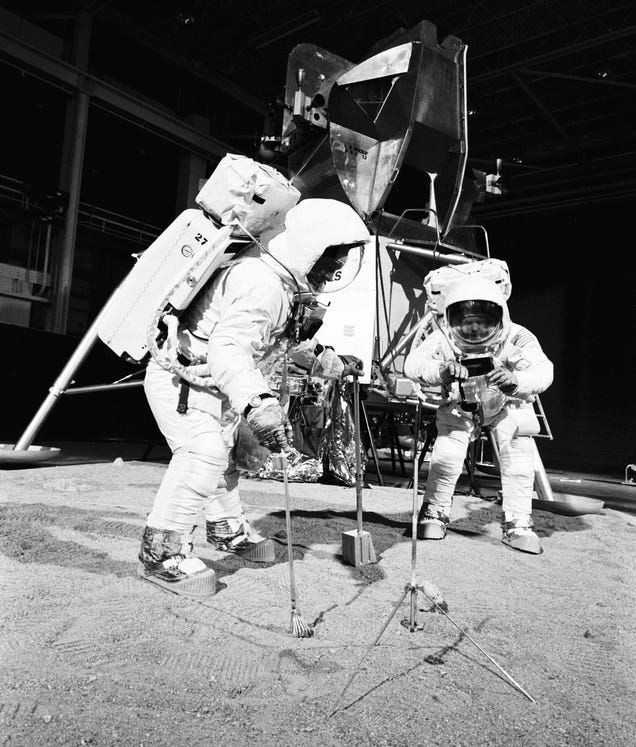Wednesday, July 8, 2015
Love on the Moon
I want all things to be perfect all the time. I want perfect hair, framing a perfect face, above a perfect body. I want a perfect life: working a perfect job, earning a perfect paycheque, going home to a perfect partner. When I die, I want people to weep furiously; or, because we are WASPs who are lousy at dealing with emotion, I would like picturesque tears to slip down powdery faces as they look at me, impeccably posed and still beautiful in my casket, and murmur, "She was so perfect."
Never mind that there are a hundreds of definitions of perfect, and thousands of things that will take a girl into A+ territory without technically cracking 100. Perfection is the horse on which I have placed my bet.
Surprising no one, so far, I am not winning.
It took me over a decade to forgive myself for not having the perfect body, and that was damned hard work. Much to my chagrin, I still unthinkingly buy into the myth of perfection in other areas of my life: the best friend, the perfect husband, the dream job. I've convinced myself that there is one, Platonic, ultimate ideal in each category, and all those who fail to live up to its standards are wastes of my time.
Which is baloney, of course. But the thing about baloney is that it still tastes good.
When I was alone, I could be sucked into a vortex of perfectionism and no one suffered but me. But now that I'm married, I'm being forced to confront that I am—ugh—deeply imperfect. Especially, I love imperfectly. I hold grudges. I fight. I make excuses for myself that I would only resentfully accept from anyone else. This feels different from the flawed love I've offered boyfriends, lovers, and friends. I don't know why marriage changes things, but it does. This matters more. The stakes are higher.
This week, I came home from an evening out and found that my husband had made the bed. On my pillow, there was a little love pile: my baby blanket, the Now magazine already opened to the crossword, and M's favourite little stuffed dog from when he was a kid. On my bedside table, there was a glass of water. My light was on. It was the sweetest gesture, the kindest demonstration of affection and love I could ever want.
The next night, we fought twice and I was told that I never listen, ever (which, in my defense, isn't technically true; I listen, just not very well and often defensively). We had two nit-picky, irritated walks and several large, MAD-style farts. We went to bed angry.
I woke up contrite. I woke up thinking about that little pile of things, and the heart that made it so. I woke up thinking about how that coming home to that bed, that glass of water, that light, was, well, a perfect demonstration of the type of love I get, and how often I get it.
I'm not perfect, and I need to stop thinking it's something to strive for. I need to stop thinking of my way/opinion/method as being "the right one." I understand that in this vague, dumb way (the same way I understand long division), but I need to really get it. This divorce from perfection needs to be in my blood, flow through my veins, get into my brain, and dissolve my commitment to always being the smartest, most beautiful, most accomplished person in the room. It's the only way I can really love, and can really receive the love that flows my way.
I read an article about Buzz Aldrin, the one of the first men to ever walk on the moon. In the article, the author writes about the peculiar duality of American astronauts. They were smart, good-looking risk-takers who could not afford to dwell on the impossibility of their mission. Going to the moon was so fraught with the possibility of failure, at so many junctions, that only perfection would keep them alive. One NASA engineer put their odds of success at 50-50.
And yet: they didn't obsess. They didn't give distraught interviews with the press about their fear of failure, the fear that their inevitable mistakes would kill them. They joked around with Lyndon B. Johnson on earth and made ham sandwiches in space. They told the press, years later, that they didn't think about what could go wrong. They did their best; that was, in the end, good enough.
Getting married is a little like climbing into a space pod with another person, and praying to god that all your bolts have been tightened and your math has been triple-checked. But once you're out there, you can't focus on all the imperfections. At least, that doesn't do any good. I have to learn to trust that good enough is just right, for me, the people I love, and the people who love me.
Subscribe to:
Post Comments (Atom)


Hey, I tried to leave you a note on a Toast post a week or so ago, but it didn't work out. Shoot me an email at my first name dot manes at gmail? Basically it's about how I want to read your novel :)
ReplyDelete